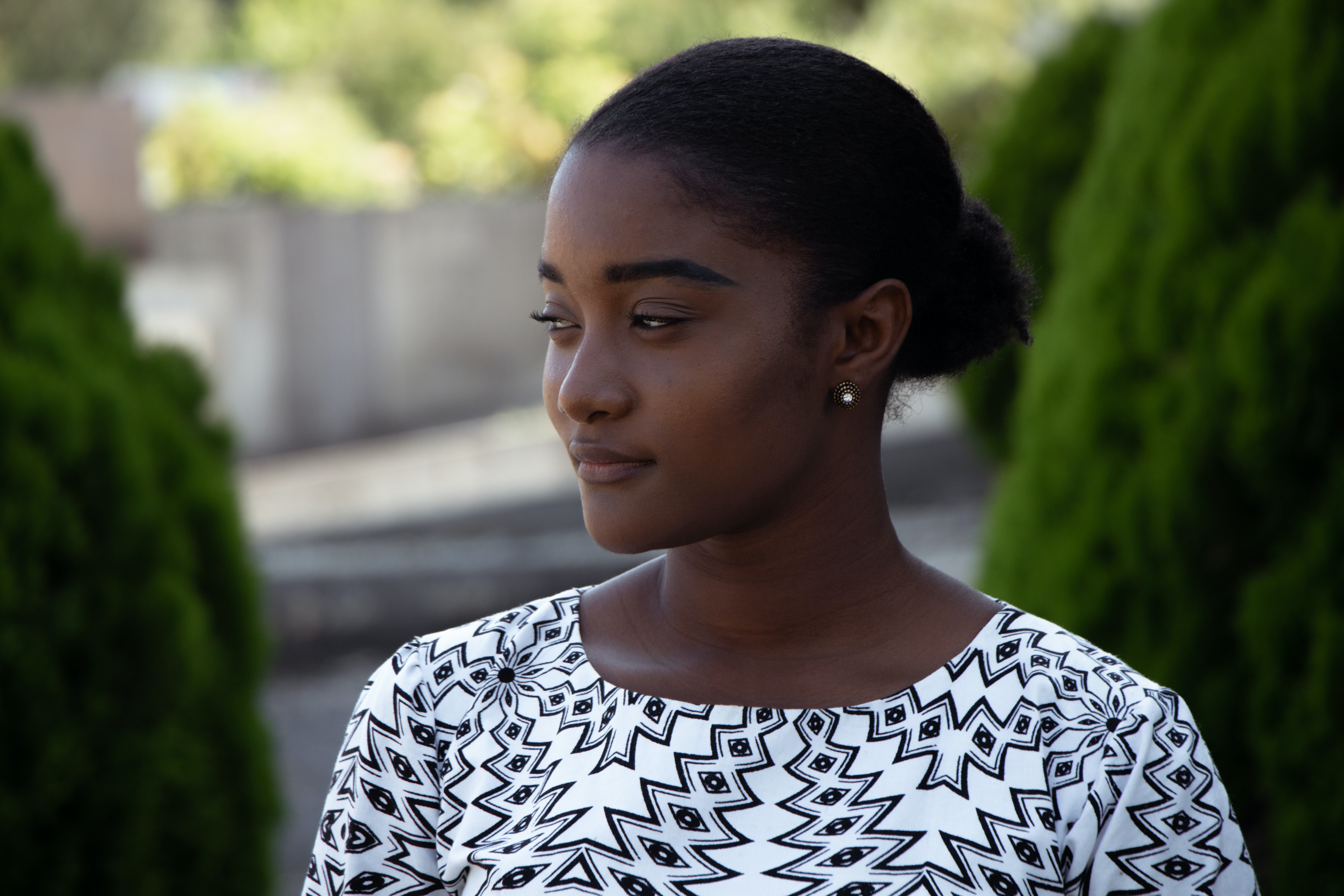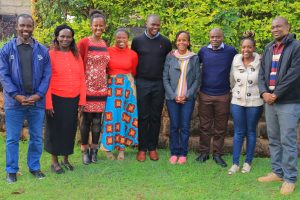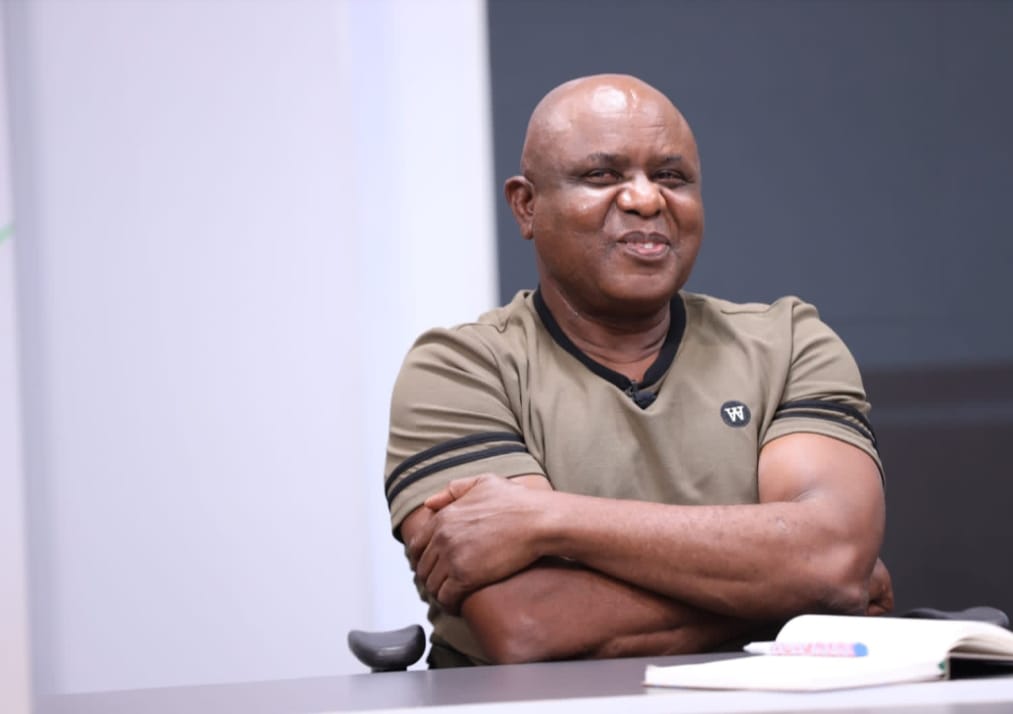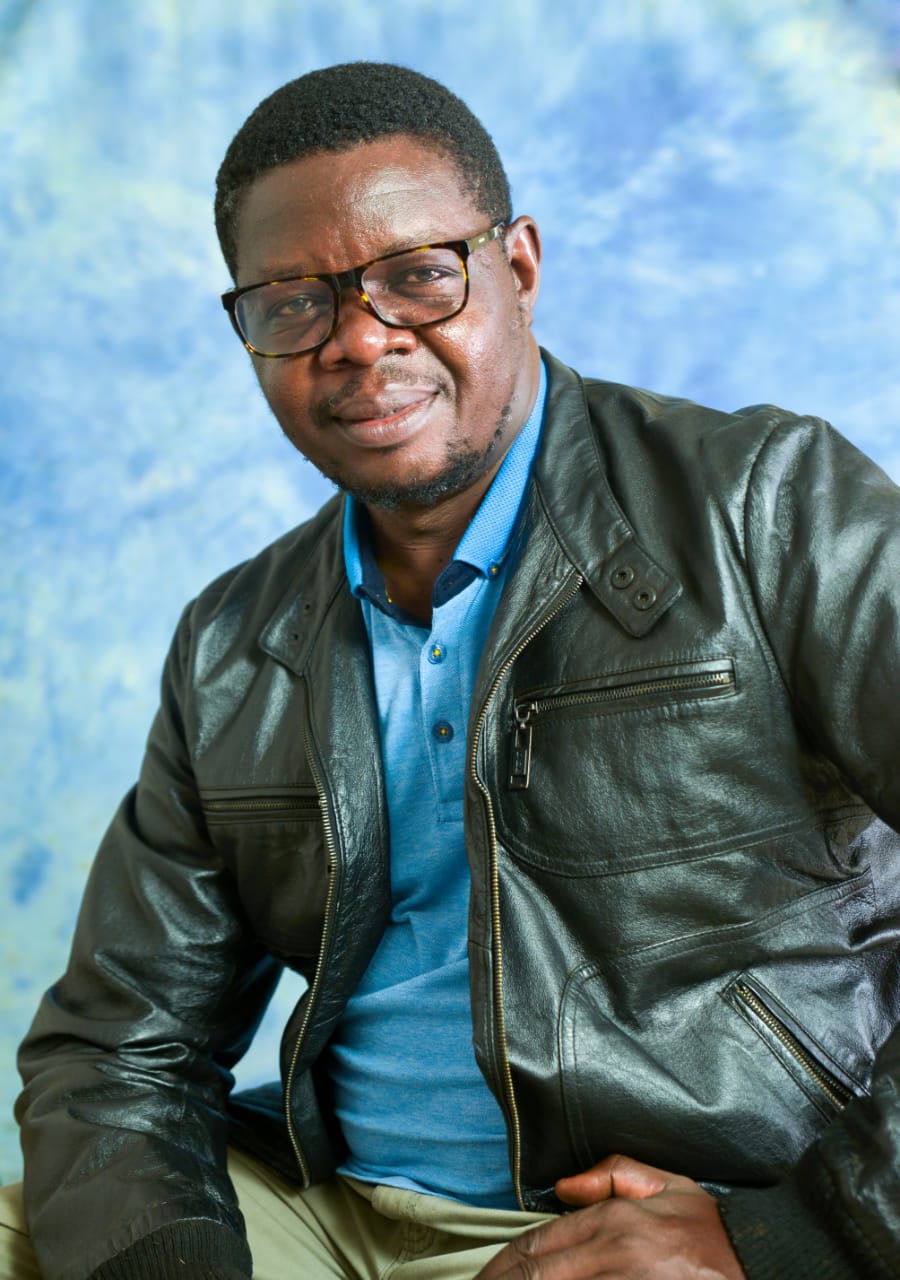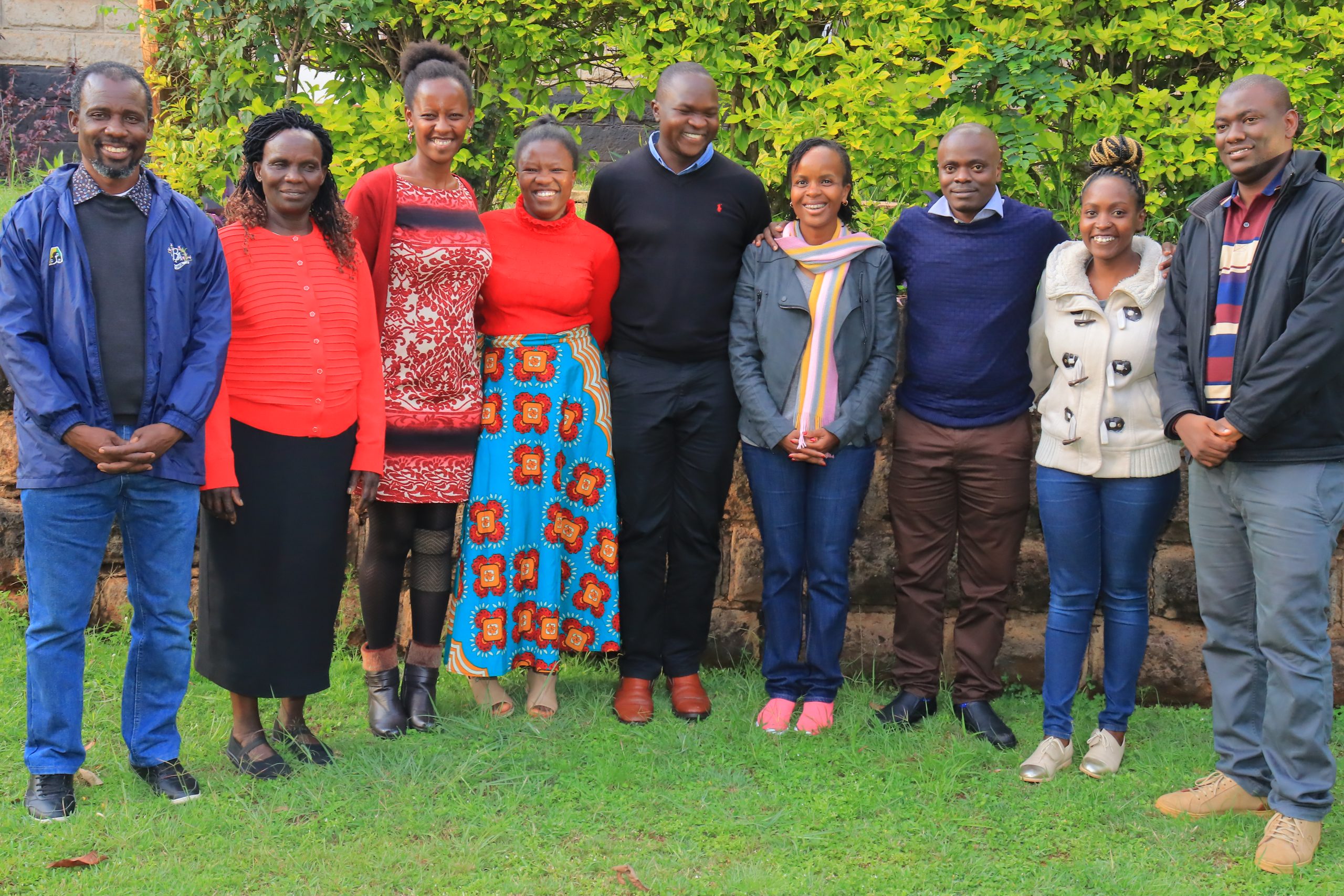By Lydia Limbe.
Last week, I had a meeting in the city. And having stayed home for two months now, I was hard-pressed to pick something to wear. I had now become used to wearing a pair of shorts or yoga pants, or running clothes. I found something that did not need ironing. When I arrived at my destination, it did not occur to me that my car was dirty until I had to give someone a lift and he looked at the length of it for a long time then looked back at me and made an indirect comment about it. And when I flicked out my business card to share, I noticed that the nail polish on my fingers had chipped. Before I set out for my short trip back from the city centre, I looked in the mirror to adjust the mask and noticed my eyebrows needed tweezing.
That is when I realized that we have been living our lives for others, always making appearances. It doesn’t help that human beings are meaning-making machines who are always judging. And because we know this of ourselves, we always strive to make a ‘good impression’. Think about it: when going for a meeting, we put on our best-pressed clothes, go for a manicure, and do general grooming. If we are expecting a guest, we spruce up the house, hide all aspects of our supposed disorganized and or lazy selves. We take out our best coffee cups and plates and bring out our best cooking skills.
We wash our cars, because hey, what will they think of us? We go to the gym to chisel out our bodies to have that figure to be swooned over or wear clothes that will attract stares.
From a very early age, we are schooled of the idea that we need to make impressions. ‘You will never get a second chance to make a first impression,’ so the saying goes. So we struggle to make good first impressions, which unfortunately keeps us in a bind to keep up with the make-believe. This extroversion has killed authenticity. People are systematically not true to who they are, are not in touch with their innate essence and desperately cling onto the outside acceptance as a source of validation of their worth.
We identify ourselves with the external: level of education, marital status, finances, position in society, or position in an organization. When you strip this away from the person, they become lost in their sense of identity. Who I’m I? A question that our normal way of life has never allowed for us to fully engage in.
The rise in mental health problems during Covid-19 is showing us that we have lived our lives for the external world for far too long, and there’s a crisis because we do not know how to be with ourselves. We have rejected who we are in favour of what we are expected to be. Being at home with no external distractions of constantly making impressions means we have to sit and face the ugly selves that we have been running away from all our lives.
It is not pretty. We are not as pretty as we’ve fooled ourselves to think. The mind is such a great trickster – and we have let it take the driver’s seat. Sometimes our ugliness is so shocking to us and since we do not have the tool, the mechanisms, the patience nor the wisdom to even begin to acknowledge that we are ugly, we turn to the other person to vent, albeit unhealthily. Domestic violence and other forms of emotional and physical abuse are signs of hurting people who inadvertently hurt other people. What if there was no one to impress? Who are you, for you?
This is an excellent opportunity for us to find out who we really are – our authentic selves. What excites you? What pisses you off? What do you like? What don’t you like? What is it that you really strongly feel that is your life’s purpose? This is the power of solitude. It allows you to get both your ugly and beautiful side, which coexists side by side, always. And forever will be. All this extroversion that we have considered normal really is a cover for our inauthenticity, and inauthenticity is the beginning of toxicity.
You cannot expect love to thrive when we are at war with ourselves. An inauthentic person is always in constant fear of being found out, and as such goes to all extremes for protection from this perceived threat.
In the process, this creates a chaotic working and living environment, which is compounded by similar inauthentic actions of others. The ripple effect is the toxicity of varying proportions on the people and the planet. To quote some lyrics from a musician, Jai Jagdeesh, ‘Peace is just a word. Until it is found deep within…’
It’s time for a new authentic normal.
Lydia Limbe is a Communication Expert. EMail- l_limbe@yahoo.com

